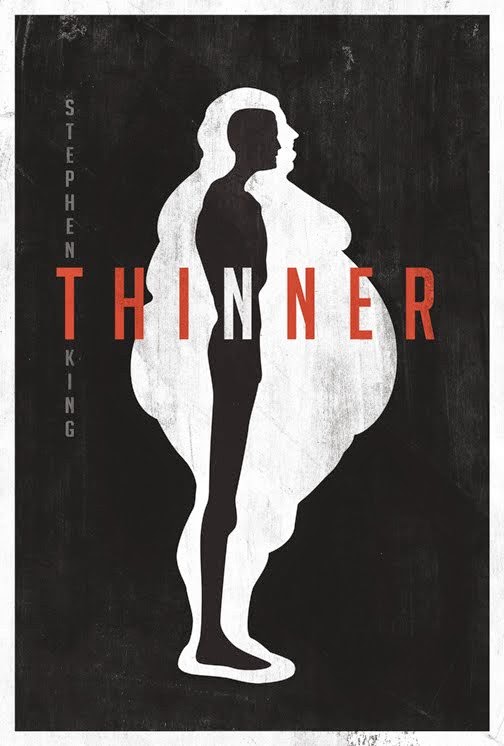In these chapters, Billy Halleck met with Doctor Houston to discuss his weight loss. Through blood testing, the Doctor was able to confirm that Billy did not have cancer like he thought he did. Houston couldn't find any reason that could have caused the loss. Instead of being worried over this, however, he just said that things happen that he can't explain all the time. He tells him a story about a boy who had almost no brain whatsoever, but was still top of his class at George Washington University, and another story about an 88 year old woman growing a third set of teeth, and tries to relate Halleck's situation to theirs.
I would think that a Doctor should be more concerned if someone as overweight as Billy just randomly lost a lot of weight without trying to. The Doctor really didn't seem to care about anything though; he even offered Billy cocaine which seems really strange for a Doctor of all people to do.
Before leaving, Billy says, "You don't know why I'm losing weight." Houston says "Nope," sounding "pleased by the fact" (60). He says that sometimes he just gives people a diet to lose a few pounds, but they end up losing a lot more than that and that's probably similar to what happened to Billy (61).
I guess I can't blame Doctor Houston for not being able to diagnose that Halleck was cursed by a Gypsy, but I at least think he should have cared more.
Billy claimed that the meeting made him feel so much better, but all of chapter 7 is just Billy having a nightmare involving Houston as a skeleton chasing him, trying to offer him the toot-sweet he did at their meeting, so clearly he's still worried after the meeting.
Houston also claimed that Billy's weight loss was going to start tapering off, but we know that that's not going to happen.






